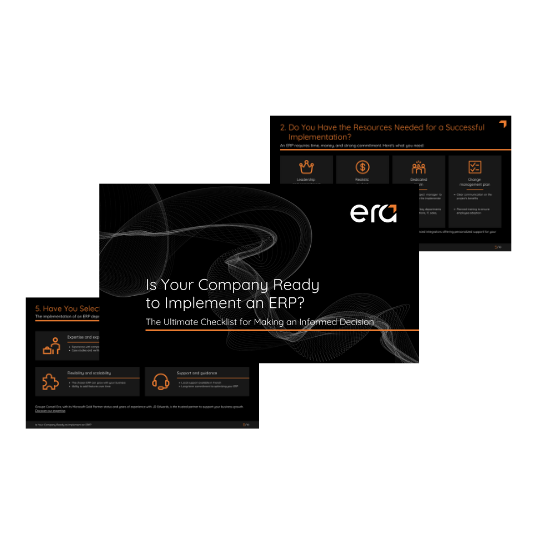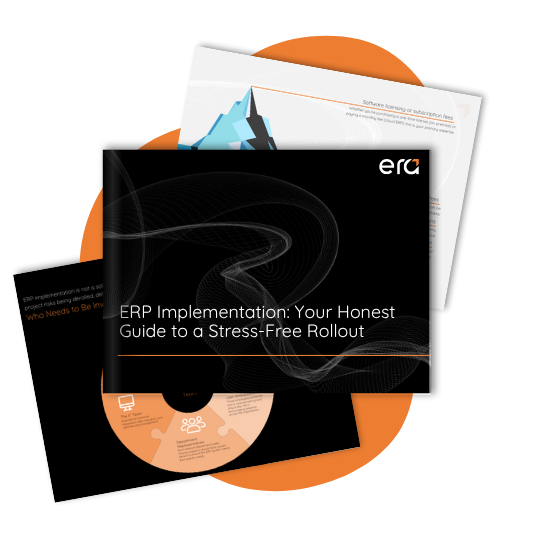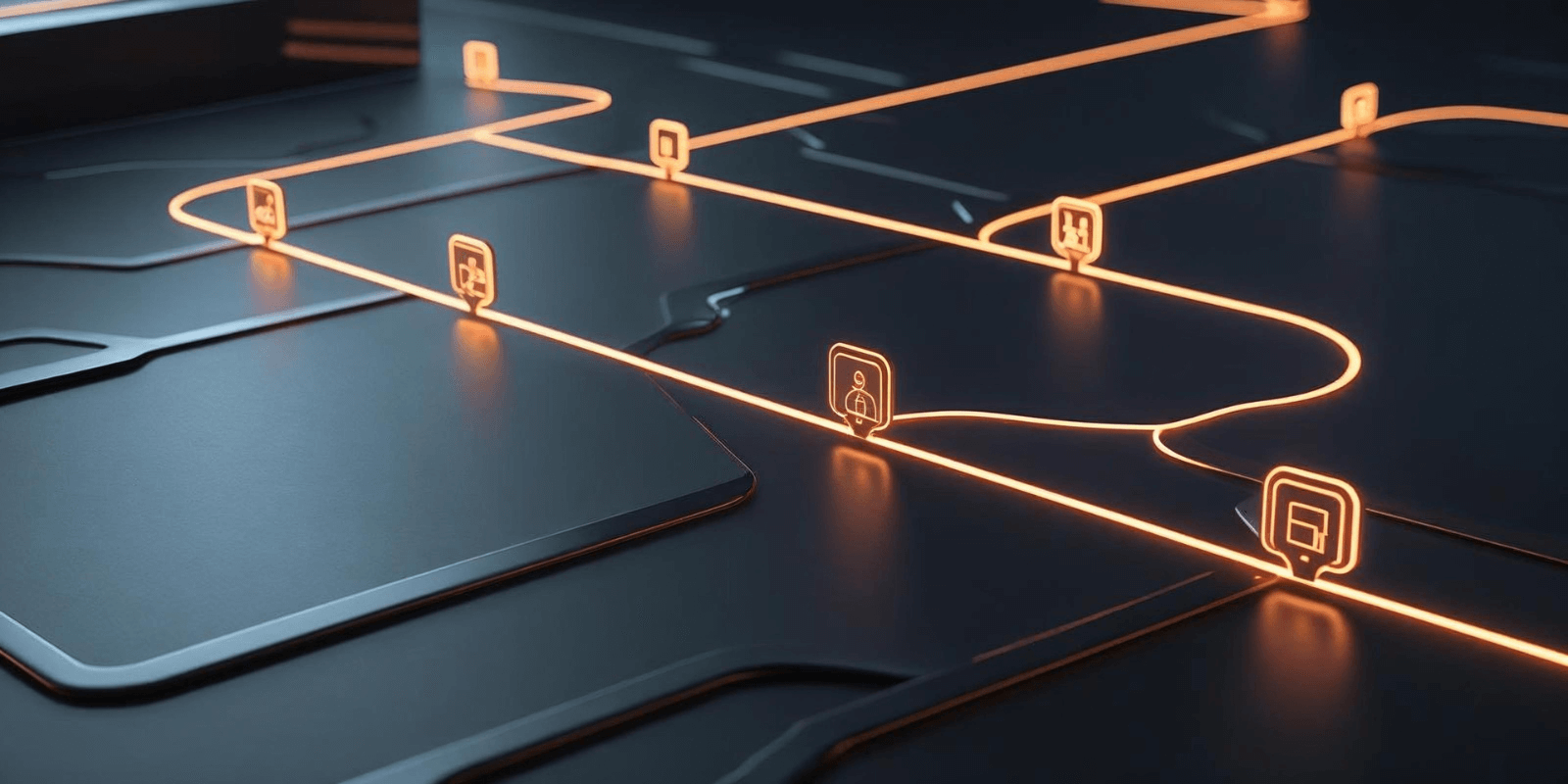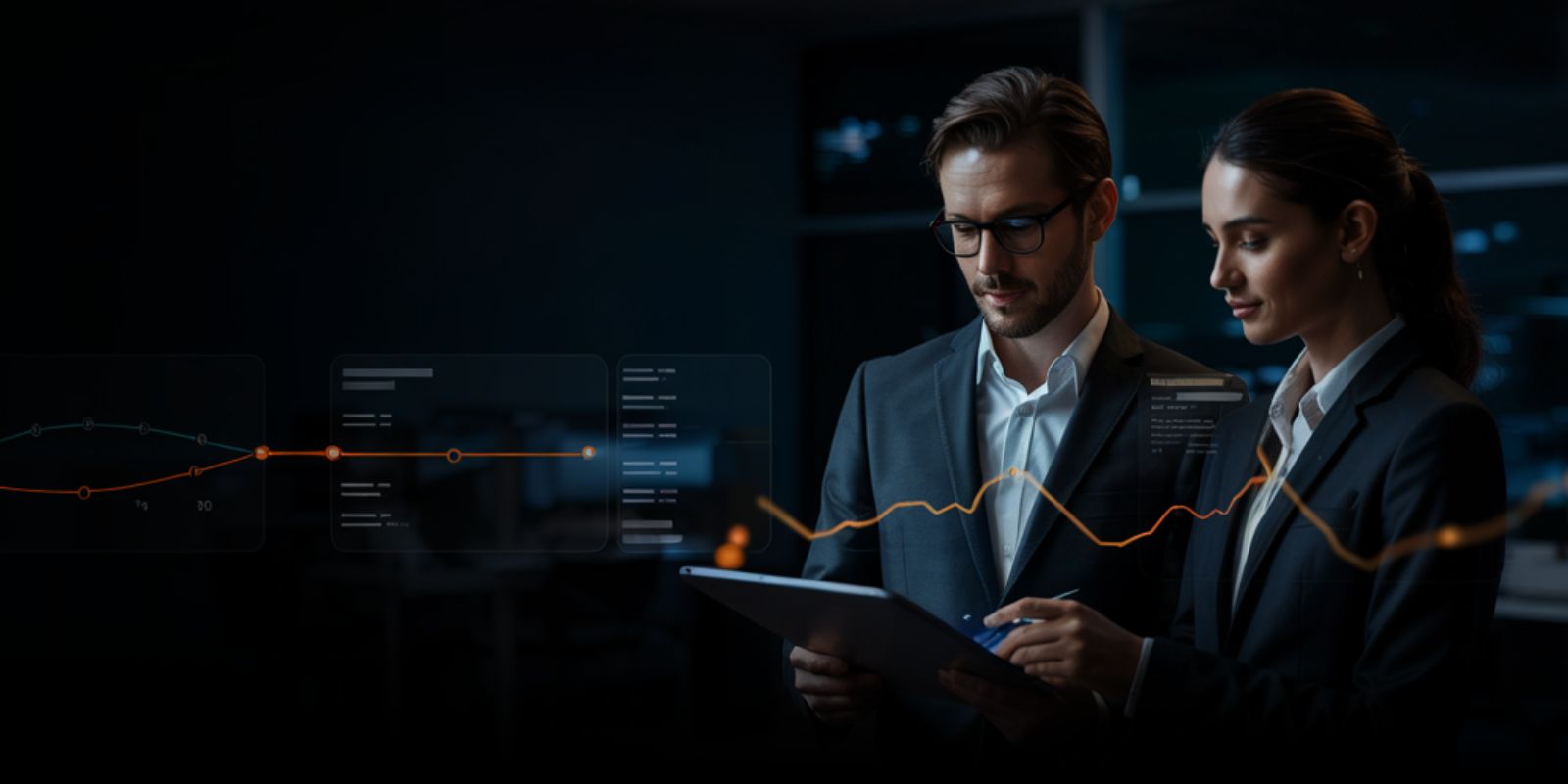6 Ways ERP Software Significantly Improves Logistics Performance

Oussama Nait-Zlay
Content Marketing Manager
September 8, 2025
Managing logistics can feel like juggling chainsaws while riding a unicycle, risky, complicated, and exhausting. There's inventory flying in from one direction, customer orders speeding in from another, and let's not even talk about compliance or real-time tracking. But what if there was a way to simplify it all?
That's exactly where logistics ERP software comes into play. But hold up, what does ERP even mean in plain English? Well, ERP stands for Enterprise Resource Planning, but don't let that intimidating phrase scare you off. It's basically software that brings all the moving parts of your logistics under one digital roof. Imagine all your inventory, order processing, shipment tracking, financial reporting, and even route planning centralized, coordinated, and easily accessible. Sounds pretty good, right?
If you're wondering, "Can ERP really make that big of a difference?" the short answer is yes. The slightly longer answer? ERP doesn't just tidy things up, it actively transforms logistics chaos into smooth sailing. At Era Consulting Group, we've seen companies genuinely surprised at how streamlined their operations become once ERP is implemented properly.
In this blog, we'll walk through 6 specific ways ERP software dramatically improves logistics performance. By the end, you'll clearly see how an ERP system could become your logistics department’s new best friend. Ready to make juggling a thing of the past?
1. Enhanced Inventory Management
Ever been in a situation where you're drowning in excess inventory, or worse, frantically searching for stock you thought you had? You're not alone. Inventory management is notoriously tricky, especially when it's spread across multiple systems and spreadsheets. ERP software fixes this mess by centralizing your inventory data in real-time.
Here's the thing: with an ERP, you always know exactly what's in stock, what's moving quickly, and what’s sitting idle. Automatic alerts help you restock items before they're depleted, saving you from awkward customer apologies (or costly delays). Better yet, predictive analytics features let you anticipate demand fluctuations, so you aren't stuck with surplus inventory gathering dust and draining your resources.
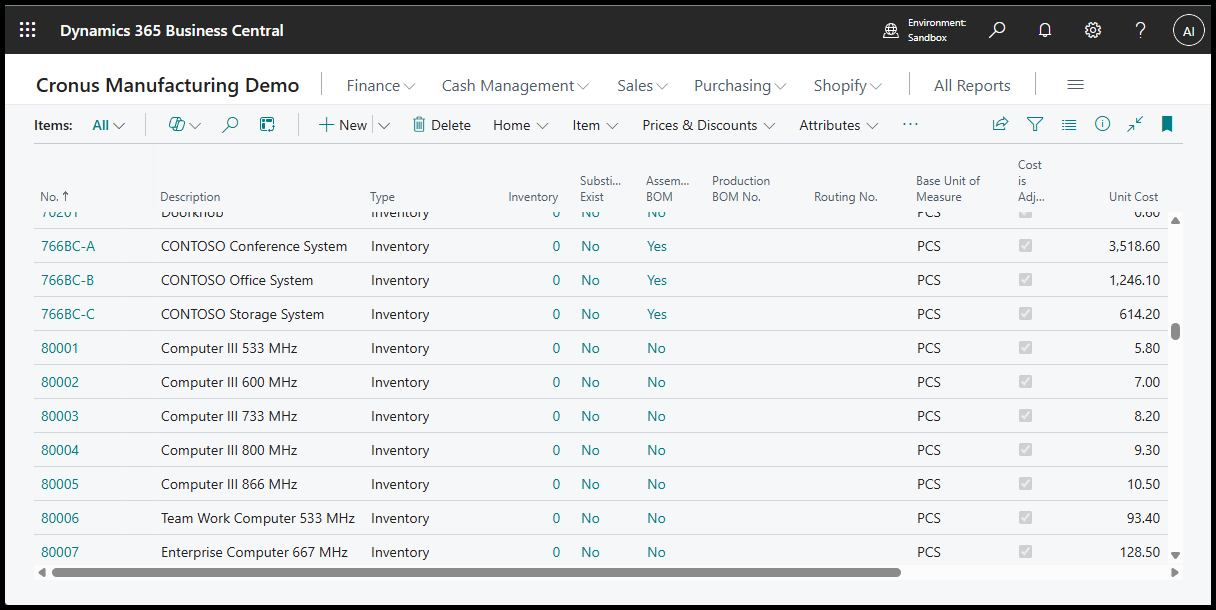
2. Real-Time Shipment Tracking & Visibility
Have you ever wished you had a crystal ball to instantly see where your shipments are at any moment? While we can't offer magical solutions, ERP software might be the next best thing. Real-time shipment tracking provides full visibility, allowing you to pinpoint the exact location and status of every shipment instantly.
This capability isn't just convenient; it's powerful. It enables you to proactively manage delays, keep customers informed, and swiftly address issues before they escalate. Say goodbye to frantic phone calls trying to locate missing goods or guessing arrival times. With ERP, everything you need is right there, clearly displayed and easy to access.
3. Simplified Order Processing
Ever feel like your order processing is stuck in slow motion? Manual data entry, miscommunications, and duplicated efforts can turn what should be simple into a nightmare. ERP software streamlines order processing by automating and integrating every step, from receiving orders to fulfillment.
Imagine customer orders flowing effortlessly through your system without manual intervention or mistakes. ERP solutions ensure orders are accurately captured, instantly processed, and seamlessly communicated across departments. No more lost paperwork or delayed responses. Instead, you have a smooth, error-free system that enhances both internal efficiency and customer satisfaction.
4. Better Cost Control & Financial Visibility
Let's face it, managing costs can sometimes feel like trying to plug leaks in a sinking ship, you patch one area, and another leak springs up. ERP software helps you gain crystal-clear visibility over your logistics finances, enabling you to identify and address financial inefficiencies quickly.
With ERP, all your cost data, from transportation to warehousing expenses, is integrated into a single, accessible dashboard. You can quickly spot overspending, evaluate financial performance, and make informed budgeting decisions. Say goodbye to guesswork and hello to a clearer financial picture, empowering you to make smarter, more strategic choices for your business.
Still not sure if your business is ready for ERP?
Use our self-assessment checklist to evaluate your readiness.
Grab the checklist5. Streamlined Compliance & Reporting
Compliance isn't just a headache, it can be a full-blown migraine. Between changing regulations, export documentation, tax reporting, and carrier requirements, staying compliant is a logistical puzzle. ERP software helps put the pieces together.
With built-in compliance checks and automated reporting tools, you can generate accurate records in minutes, not hours. Whether it's customs declarations, audit trails, or environmental standards, ERP keeps you prepared without the paper chase. Everything’s tracked, logged, and easy to retrieve when needed.
The result? Less time worrying about regulatory fines or missed reporting deadlines, and more time focusing on actual logistics.
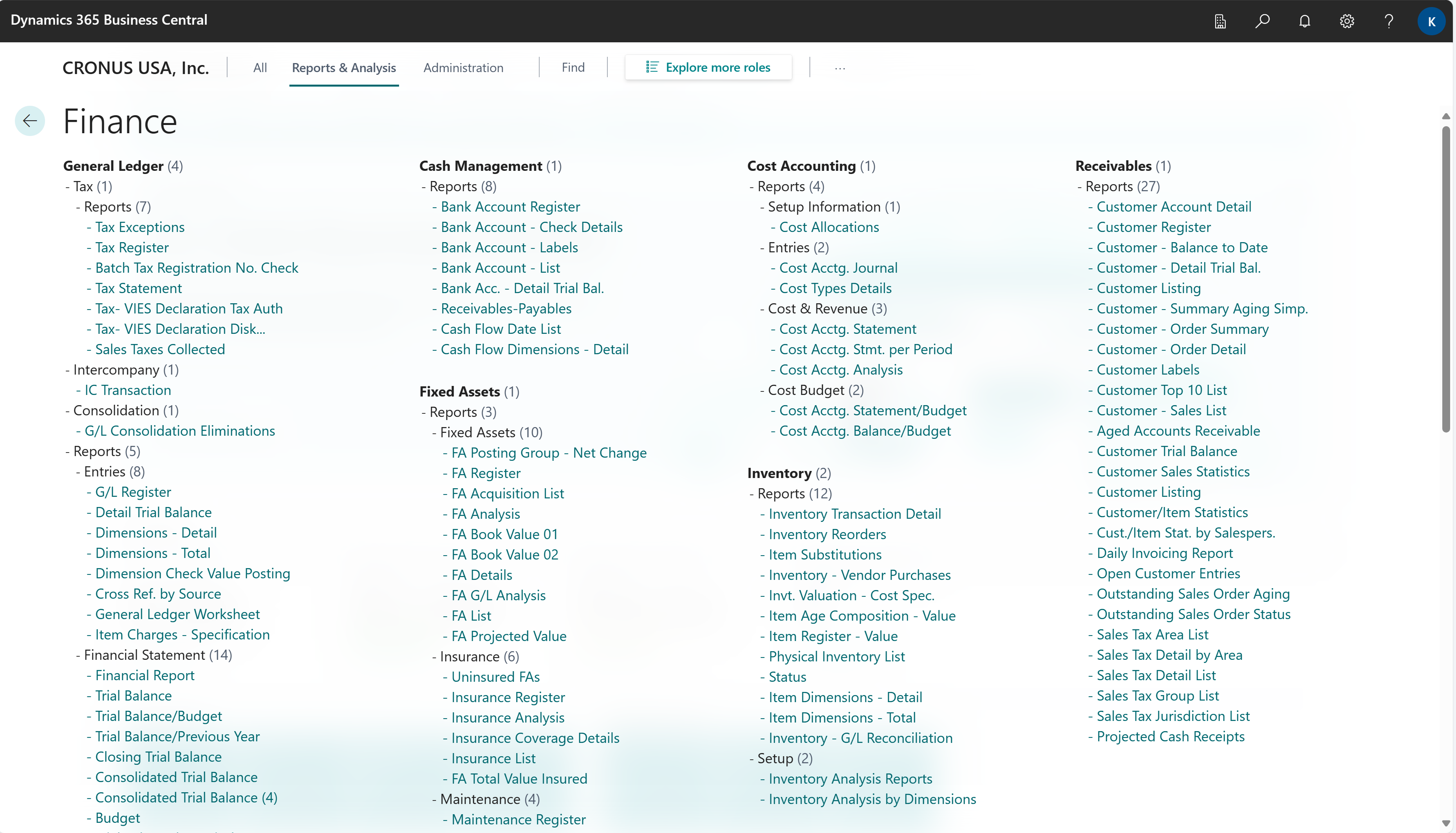
6. Predictive Analytics & Forecasting
Forecasting demand and planning logistics accordingly used to involve more guesswork than most businesses were comfortable admitting. But with ERP, you don’t need a crystal ball, you have data, and lots of it.
ERP software uses historical trends, seasonality, and real-time performance metrics to help predict what's around the corner. Whether it’s preparing for peak delivery seasons, anticipating raw material shortages, or adjusting stock levels before demand spikes, predictive analytics gives you a major edge.
It’s like switching from rearview mirrors to a full dashboard display. You’re not just reacting, you’re steering your logistics with foresight and clarity.
Need a roadmap before you dive into ERP?
Our free guide, ERP Implementation: Your Honest Guide to a Stress-Free Rollout, breaks down the process step by step, without the buzzwords or sugar-coating.
Download it hereFinal Thoughts
When logistics operations grow, so do the moving parts, and the chances of something slipping through the cracks. An ERP software doesn’t just patch those cracks, it rebuilds the entire structure into something far more resilient and intelligent.
From inventory clarity to predictive forecasting, ERP transforms daily headaches into streamlined processes that make sense. No more chasing down missing orders or scrambling through spreadsheets at the eleventh hour. Just smooth, connected workflows backed by real-time data.
Thinking about upgrading your logistics processes? ERP isn’t just an option, it’s the tool that can finally bring order to the chaos. And if you’re ready to take that step, we're here to help you figure out what comes next.

Oussama Nait-Zlay
Content Marketing Manager
Oussama is a technology content expert at Era Consulting Group. He focuses on making complex topics related to ERP and enterprise technologies accessible, helping organizations fully leverage digital innovations. He brings several years of experience in the SaaS and technology industries, notably with companies such as Zoho and ManageEngine.
Follow Oussama Nait-Zlay
